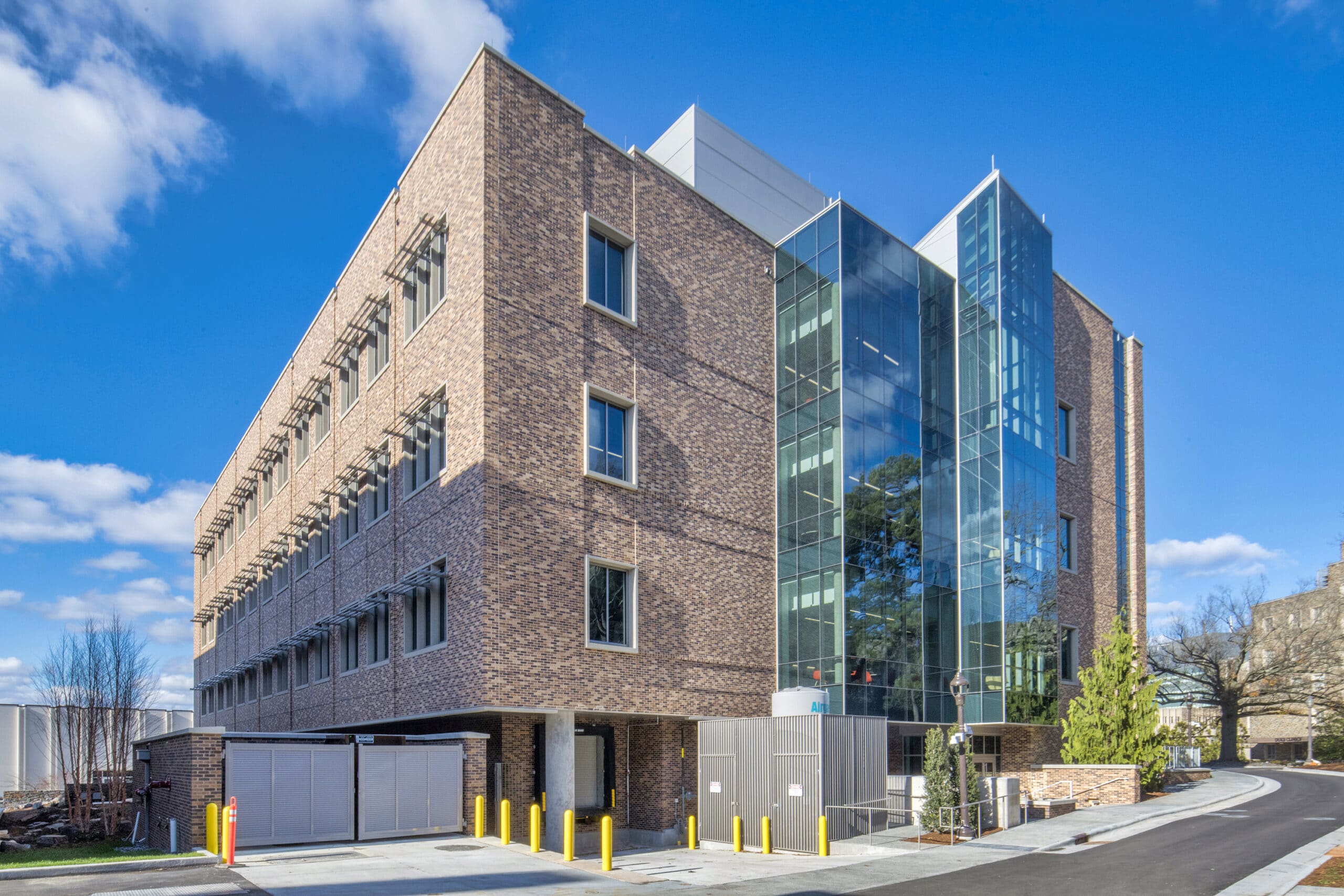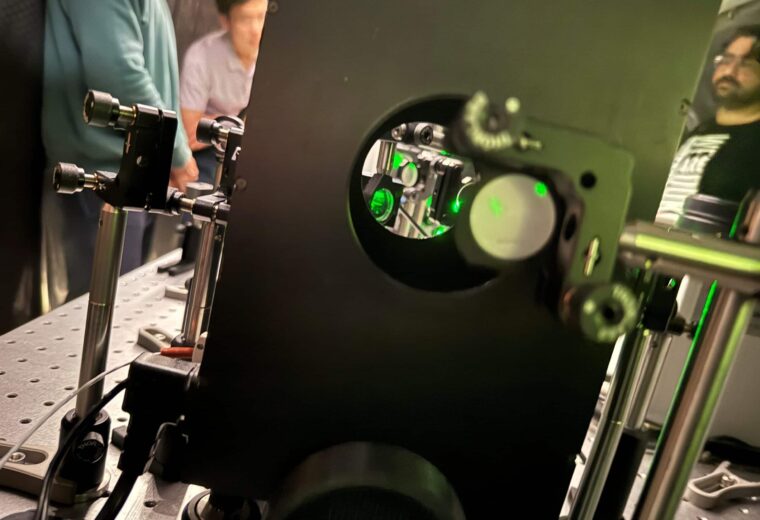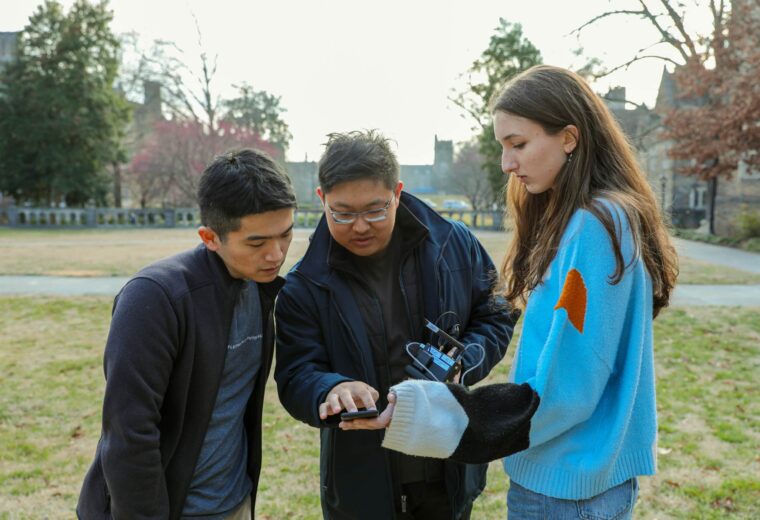
Haozhe “Harry” Wang Receives NSF CAREER Award to Test the Limits of MXenes
Competitive five-year grant will help Wang understand the potential of a 2D class of materials with high-performing characteristics.

Competitive five-year grant will help Wang understand the potential of a 2D class of materials with high-performing characteristics.

A team led by Cynthia Rudin created the tool with artificial intelligence. The simple scorecard, used in hospitals everywhere, saves lives.

The NSF- and DHS-funded institute attracted visitors from industry and government to showcase Duke’s leadership in artificial intelligence and edge computing.

Design course at the Duke University Marine Lab provides an attractive alternative to semesters abroad with experiential travel opportunities and still attend basketball games on the weekend.

Christopher Monroe, who was not involved in the study, said that whether the protocol will truly have practical value will depend on subsequent research.

Interference patterns between overlapping laser beams could transmit encoded information over thousands of feet through chaotic environments.

More than three decades after Duke faculty helped develop modern wireless technology, the university remains at the forefront of its future.

Emily Edwards of Duke ECE uses video games to educate students and the public about quantum information science

A collaboration between a fiber optic expert and the Duke Quantum Center looks to scale up quantum computing power.

Loh is recognized for her work in neutral atom quantum computer systems.

Duke University is helping tackle this challenge as part of Climate TRACE, a non-profit coalition that offers an independent, transparent inventory of emissions data and sources worldwide

Mikkelsen was recognized for her work in nanophotonics and plasmonic systems.